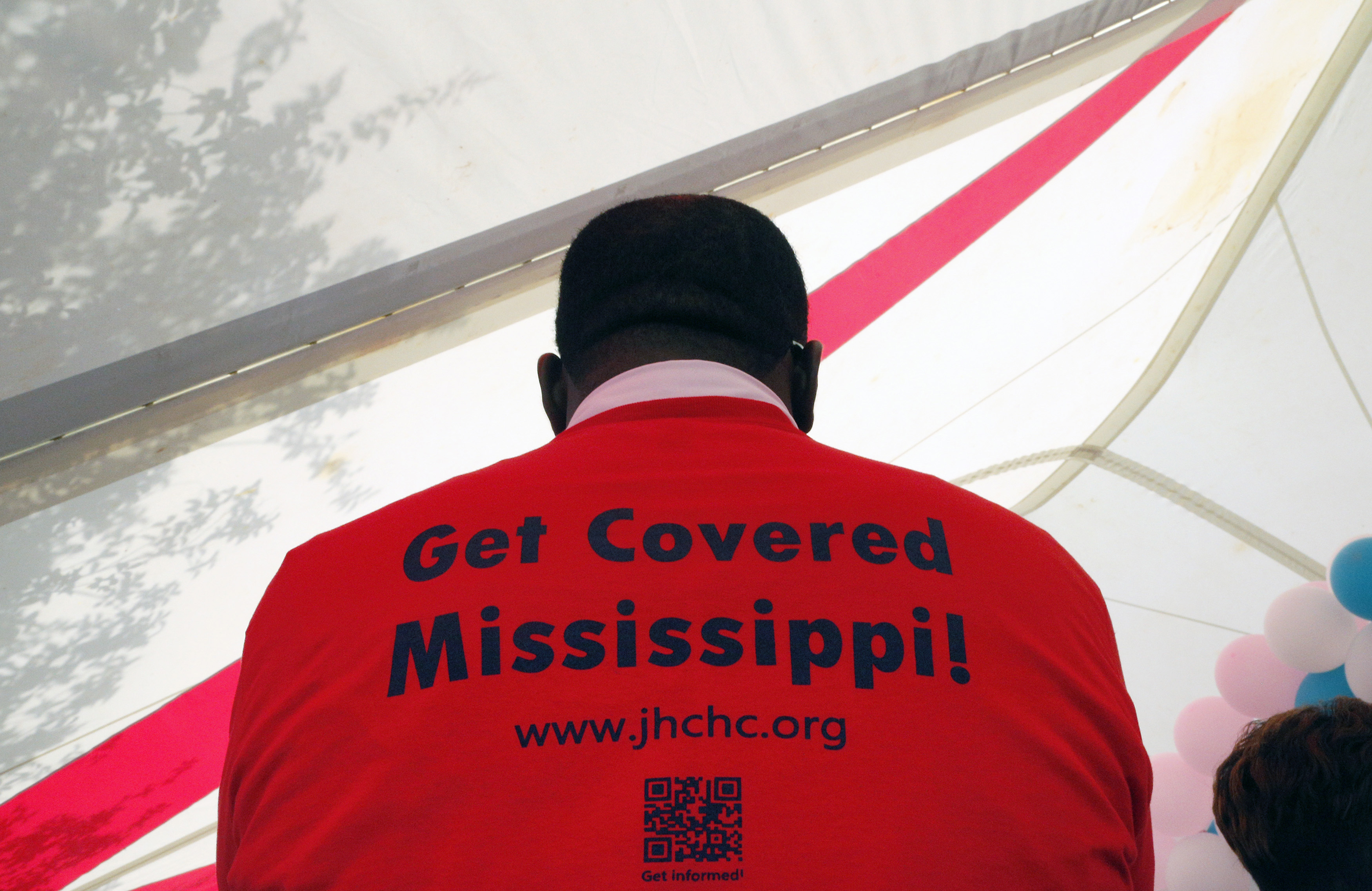The Affordable Care Act: An Experiment in Federalism?

In the Affordable Care Act: An Experiment in Federalism?, Kyle Dropp, Molly Jackman, and Saul Jackman provide key findings from a survey they designed to evaluate public opinion on federal versus state-run implementation of the Affordable Care Act (ACA).
The authors find that once partisanship is accounted for, federal versus state implementation of the exchanges has a negligible effect on respondents’ confidence in the program. The real driver of public confidence of both the ACA and the federal government’s capacity for implementing it is party identification, Dropp, Jackman, and Jackman assert.
The survey revealed the following key findings:
- Republicans hold much more negative views of the ACA and the federal government than Democrats.
- Moreover, when told that the federal government (rather than the state) will implement their exchange program, Republicans are far less confident the program will succeed.
- Democrats, on the other hand, were at least as confident in the federal government’s capacity to manage the exchanges as they were in the states’.
- Democrats are mostly confident that the exchanges will be successfully implemented. They are, however, 10 percentage points more confident the exchanges will succeed when told that the federal government will run them, a result consistent with our third prediction.
- Conversely, only about one in three Republicans are confident the exchanges can be implemented successfully. Moreover, as expected, confidence in successful implementation is 22 percentage points lower among those who were told that the federal government would run the exchanges.
- Republicans are more than twice as likely to exhibit confidence in state-run exchanges (43 percent) compared with federally-managed exchanges (20 percent).
- Fully eight in 10 Republicans lack confidence in exchanges administered by the federal government.
Dropp, Jackman, and Jackman conclude their report by observing that these differences in perceptions, together with the partisan makeup of states that have opted for state- versus federal-implementation of the health insurance exchanges, have the potential to lead to more overall distrust of the federal government and greater polarization across states and parties.


